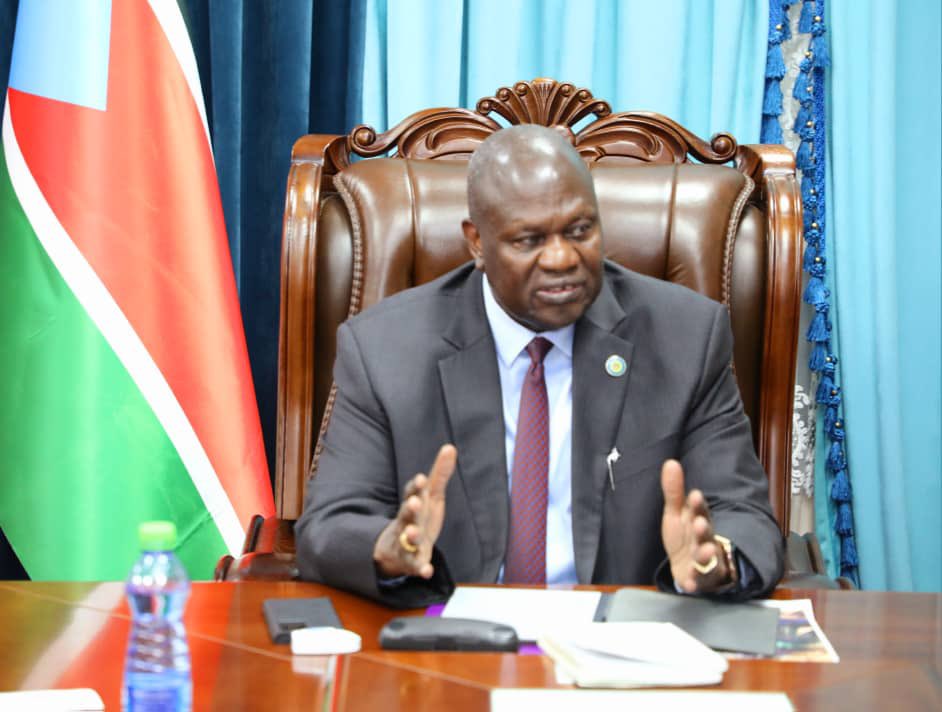South Sudan’s first vice president, Riek Machar, has been formally charged with murder, treason, and crimes against humanity. The charges arise from his alleged role in orchestrating militia attacks against federal forces earlier this year.
Authorities accuse Machar of directing the White Army, a loose confederation of armed youths, to attack a military base in Nasir, located in northeastern South Sudan, in March. More than 250 government soldiers were reportedly killed during the assault.
Alongside Machar, seven other individuals including the former minister of petroleum—face similar charges following investigations into what officials describe as a plot to ignite rebellion. Prosecutors allege that the acts committed by the militia constituted grave violations of international humanitarian law, including the desecration of corpses, targeted persecution of civilians, and attacks on humanitarian workers.
The escalation marks a new chapter in the country’s long-standing political rivalry between Machar and President Salva Kiir. The two men have shared a fraught relationship since the early days of independence. In 2013, just two years after South Sudan seceded from Sudan, a brutal civil war erupted when Kiir dismissed Machar from his position as vice president, accusing him of plotting a coup.
The conflict dragged on for five years, killing an estimated 400,000 people directly and indirectly, while displacing nearly four million citizens about one-third of the nation’s population. A peace agreement signed in 2018 was hailed as a turning point, bringing Machar back into government through a power-sharing arrangement with Kiir.
However, tensions within the unity government have been steadily resurfacing. Earlier this year, fighting intensified in Upper Nile state, sparking mass displacement and renewed hostilities. In response, Kiir’s administration arrested senior members of Machar’s party, including the deputy head of the army and the petroleum minister. These arrests have further strained the fragile coalition and cast doubt on the durability of the 2018 peace accord.
The new charges against Machar could destabilize the already fragile political framework in South Sudan. His supporters see the legal action as politically motivated, while the government insists the charges reflect accountability for atrocities committed under his watch. With uncertainty hanging over the future of the power-sharing deal, South Sudan faces the risk of sliding back into widespread conflict.

